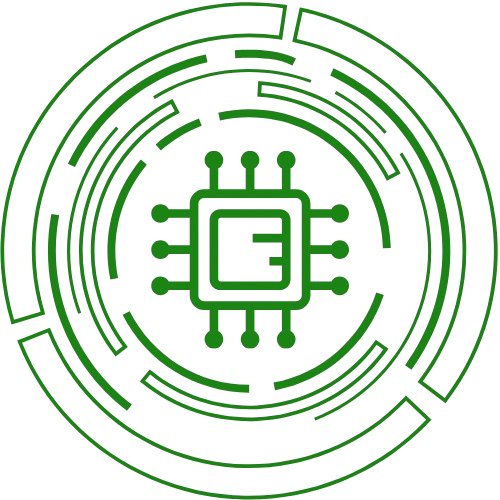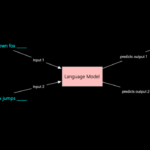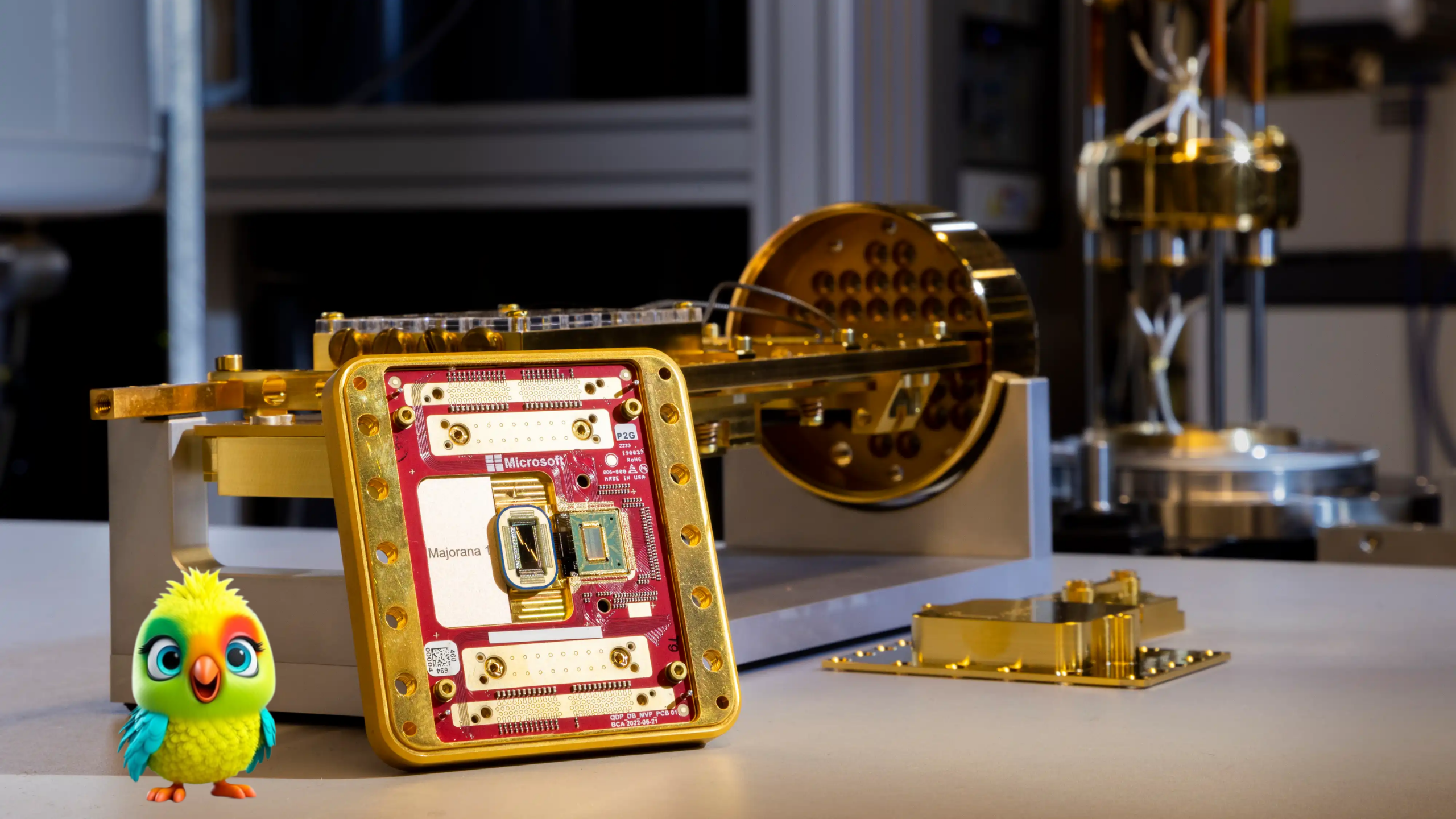Quantum computing promises exponential speedups for certain problems, but when does this quantum advantage actually exist? A ground-breaking study from Kyoto University reveals a deep connection:
Quantum advantage exists if and only if certain cryptographic puzzles are secure.
This discovery bridges quantum computing and cryptography, reshaping our understanding of both fields—and potentially destabilizing cryptosystems previously thought to be safe.
What Is Quantum Advantage?
Quantum computers leverage superposition and entanglement to solve problems that are intractable for classical machines. When a quantum computer outperforms the best classical algorithms, we say it has achieved quantum advantage.
But not all problems exhibit this advantage. The key question:
❓ Under what conditions does quantum advantage truly exist?
The Kyoto University Breakthrough
Researchers Tomoyuki Morimae, Yuki Shirakawa, and Takashi Yamakawa tackled this problem using interactive proofs and cryptographic puzzles. Their key findings:
-
Quantum Advantage ⇔ Secure One-Way Puzzles
-
They proved that quantum advantage is equivalent to the existence of one-way puzzles (a cryptographic primitive).
-
If these puzzles are breakable, quantum advantage cannot exist for certain problems.
-
-
Implications for Cryptography
-
If quantum advantage fails to exist, then many cryptographic primitives (including post-quantum schemes) are insecure.
-
This affects classical and quantum-resistant cryptography alike.
-
-
A New Framework for Verification
-
Their work introduces “inefficient-verifier proofs of quantumness”, allowing a classical verifier to check if a quantum prover is truly quantum.
-
Why This Matters
1. Cryptography at Risk?
Many “secure” cryptographic systems rely on assumptions that may collapse if quantum advantage is disproven.
2. Stronger Foundations for Quantum Experiments
This work provides a theoretical basis for verifying quantum advantage in real-world experiments (like Google’s Sycamore or China’s Jiuzhang).
3. A Unified Theory of Quantum Computing & Cryptography
Previously, these fields were studied separately. Now, they’re fundamentally linked.
The Formal Result
The team’s paper, “Cryptographic Characterization of Quantum Advantage” (DOI: 10.1145/3717823.3718133), shows:
Theorem: Quantum advantage exists if and only if one-way puzzles are secure.
This means:
✅ If secure one-way puzzles exist → Quantum advantage is possible.
❌ If not → No quantum advantage, and cryptography is in trouble.
Future Directions
This research opens several paths:
Extending the framework to other types of quantum advantage.
Testing real-world implications for post-quantum cryptography.
Developing new verification protocols for quantum supremacy claims.
As Yuki Shirakawa states:
“Our study represents a significant step toward a deeper understanding of quantum advantage.”
Key Takeaways
✔ Quantum advantage depends on cryptography—specifically, one-way puzzles.
✔ If quantum advantage fails, many cryptosystems become insecure.
✔ This work unifies quantum computing and cryptography in a new way.
What’s next? Will this discovery lead to stronger quantum proofs—or weaken trust in cryptography? Stay tuned as this field evolves!






















